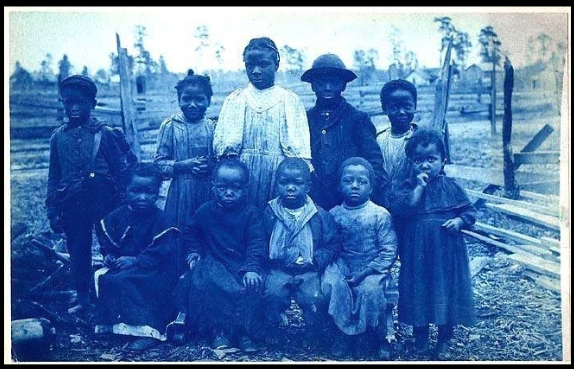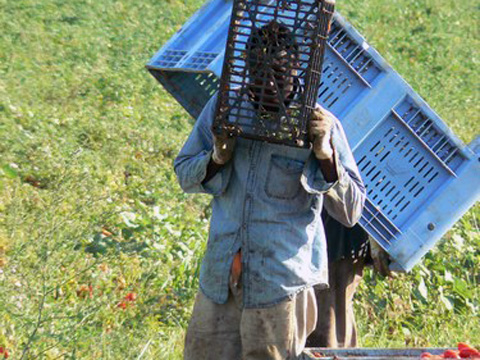Further to my earlier comment a few weeks ago, which critically assessed Matteo Renzi‘s personification of people smugglers in Libya as the slave drivers of the twenty-first century, I to add two fresh posts that further explore the reasoning behind Europe’s bordering business. On Africa is Country, Enrique Martino interestingly writes how representing people on the move as easy prey for unspecified bands of ruthless traffickers is also a colonial script, because it portrays migrants as ignorant and passive. But their itineraries are also driven by an imperialist history of white people moving deep into the African continent.
And yesterday, opendemocracy.net published a letter signed by 300 slavery and migration scholars, which criticises the EU’s unfolding naval campaign against ‘human traffickers’ in the Mediterranean along the same lines:
[Comparing human traffickers to the slave traders of the 21st century] is patently false and entirely self-serving. (…) [W]hat is happening in the Mediterranean today does not even remotely resemble the transatlantic slave trade. Enslaved Africans did not want to move. They were held in dungeons before being shackled and loaded onto ships. They had to be prevented from choosing suicide over forcible transportation. That transportation led to a single and utterly appalling outcome—slavery.
As I also wrote in the same post, human rights abuses rather occur in the many outsourced host and detention centres, where migrants risk to wither away in oblivion, or worse, are subjected to violence and torture (as has been the case in Libya, but also in Germany and Italy, as of lately).
In two additional posts, Nick De Genova and Harald Bauder reiterate that there is fact nothing natural about migrant’s illegality, but that their illegalization entails an active process of denied protection, involving often intensified efforts to increase migrant’s vulnerability. In other words, governments are complicit in the strategy to deny rights to migrants, resulting in a self-fulfilling spectacle of the border that excludes them from participating in the economies they sustain with their very lives.
As if by accident, Sandro Mezzadra’s public lecture on W.E.B. Du Bois‘ concept of the colour line -a lecture he gave at the annual KritNet conference on Borders, Migration -and Race, was just published online on Voice Republic along with the interventions from Juliane Karakayali and Vassilis Tsianos, Patrizia Putschert and Klen Nghi Ha.
There is a need to broaden the geographical, conceptual debate on the migratory regimes ‘in the crisis’…
Interesting terms that turn up in Mezzadra’s speech are the verticality and the temporality of the border (picking up on the work of Vicki Squire, Robert Latham and others), and the colour line…




